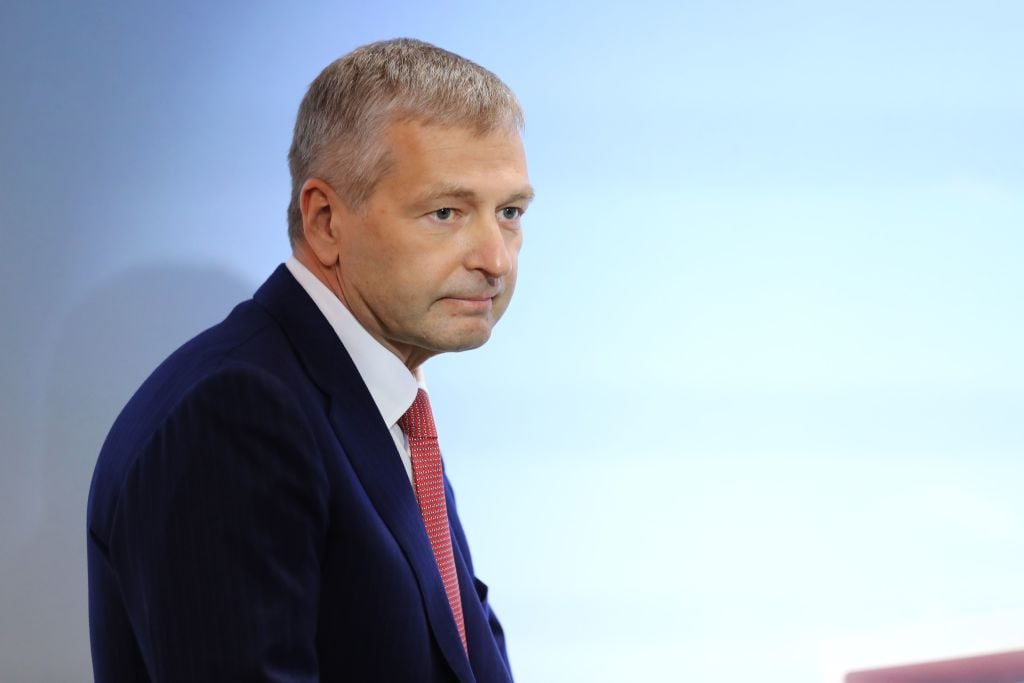
Swiss art dealer Yves Bouvier just won a significant case in his messy, years-long legal battle against Russian billionaire collector Dmitry Rybolovlev.
Yesterday, the Monaco Court of Revision, the highest legal body in the city-state, upheld the decision of a lower court to dismiss charges of fraud and money laundering against Bouvier. The decision effectively ends the country’s criminal investigation into the dealer, who was arrested in 2015 following a criminal complaint issued by Rybolovlev and later released on €10 million bail.
“For the last five years, I have been claiming my innocence, and today I have been vindicated by the Monaco courts,” Bouvier said in a statement. “Today’s decision shows that money does not buy the courts and that corruption has no place in the Principality.”
In the case, Rybolovlev alleged that Bouvier misrepresented his role in the sale of 38 world-class artworks to the collector over the course of 12 years, defrauding him out of $1 billion.
Art dealer Yves Bouvier, pictured here, is no longer facing criminal charges in Monaco. Photo: Wikimedia commons.
Last December, an appellate judge in Monaco threw out the case, claiming that “all investigations were conducted in a biased and unfair way without the defendant being in a position to retrospectively redress these serious anomalies that permanently compromised the balance of rights of the parties.”
Rybolovlev is himself being investigated by authorities in Monaco over corruption charges filed by Bouvier. The dealer claimed that Rybolovlev influenced law-enforcement officials working the case with lavish bribes. Philippe Narmino, the former minister of justice for Monaco, resigned from his post in 2017 after a French newspaper published texts revealing that he accepted private helicopter rides, an all-expenses-paid ski trip, and other perks from the Russian billionaire.
The Russian collector is under investigation for similar claims in Switzerland and France as well.
“This outcome has come about for purely procedural reasons and not because of an absence of evidence against Yves Bouvier,” attorneys for Rybolovlev, who is still pursuing legal action against the dealer in other countries, said in a statement.
In court documents, the Russian collector said that Bouvier presented himself as an advisor and was paid a commensurate fee, but dramatically marked up the price of artworks before selling them.
“I presented myself as a seller,” Bouvier told the New York Times, noting that he used business tactics such as pretending to be in negotiations with sellers of artworks he already owned. Bouvier is still under investigation in Switzerland over charges of fraud in the sale of the 38 artworks.